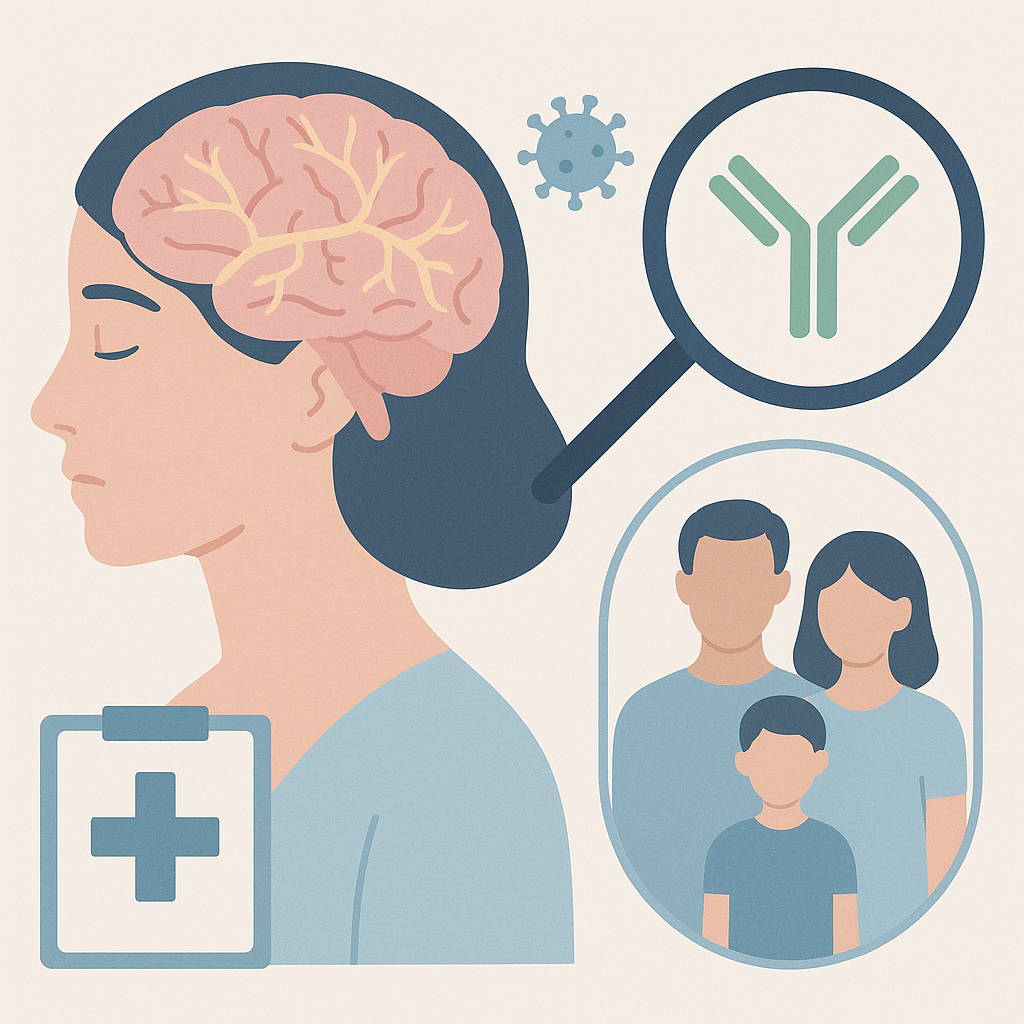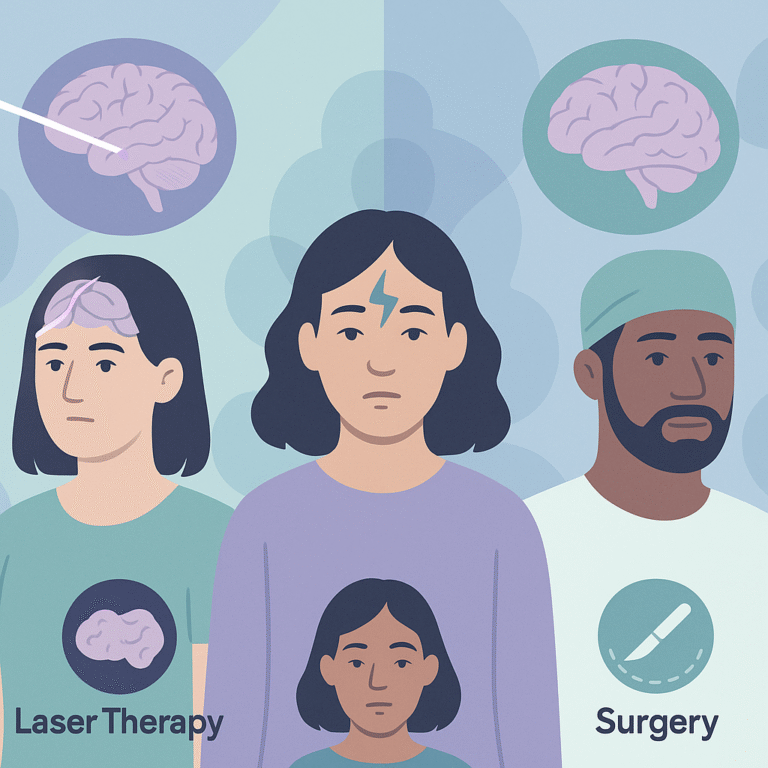New Insights on Autoimmune Encephalitis and Epilepsy Risks for Families
Summary
This study looked at how certain proteins in the body can help predict the risk of relapse and long-term epilepsy in children and adults with LGI1 autoimmune encephalitis (AE). Researchers found that higher levels of specific proteins called cytokines and neurofilament light chain (NfL) in the brain and blood were linked to a greater chance of experiencing a relapse or developing chronic epilepsy.
The key findings showed that patients with LGI1-AE had higher levels of proteins like IL-6, IL-8, and IL-17A compared to those with other conditions. These proteins could serve as warning signs for doctors to identify patients who might face more challenges in their recovery.
Why does this matter? For families, understanding these markers could lead to better monitoring and treatment plans. If doctors can spot these signs early, they might be able to intervene sooner, potentially improving outcomes for children with LGI1-AE.
While this research is still in the early stages, it offers hope for more personalized care and better management of epilepsy related to autoimmune conditions. Families should discuss these findings with their healthcare providers to understand how they might apply to their child’s situation.
Original study: Read on source
Free: Seizure First Aid Quick Guide (PDF)
Plus one plain-language weekly digest of new epilepsy research.
Unsubscribe anytime. No medical advice.





